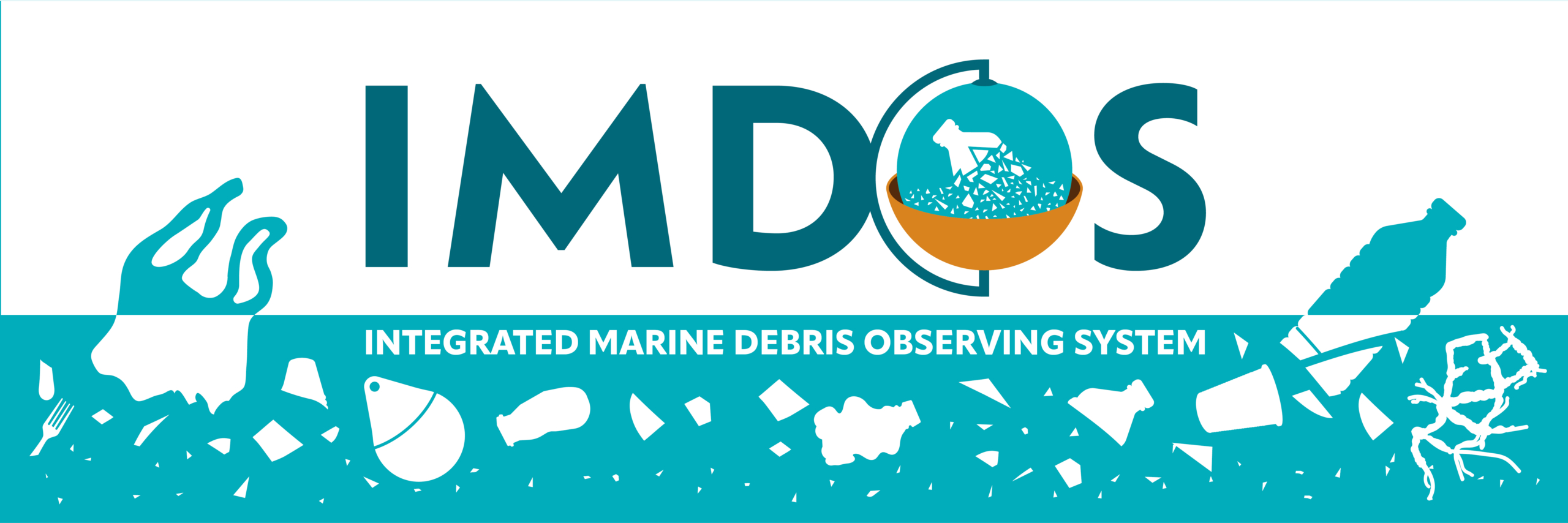Integrated Marine Debris Observing System
Why is monitoring marine debris important?
According to the definition of the United Nations Environment Programme (UNEP), marine debris, also referred to as marine litter, is characterised as “any persistent, manufactured or processed solid material discarded, disposed of or abandoned in the marine and coastal environment” (UNEP7) Overall, plastic waste makes up most debris identified in aquatic systems, accounting for approximately 80% of the total debris by number (Morales-Caselles4).
Plastic pollution is poorly reversible -if not completely irreversible- because even if plastic emissions into the environment cease immediately, existing environmental load of plastic waste and its continuous weathering will result in ongoing pollution for a prolonged period (MacLeod2). A comprehensive monitoring strategy covering both temporal and spatial dimensions is necessary to tackle the global distribution and impacts of such a complex pollutant. This strategy should encompass the generation of harmonised data through sustained long-term observations, thereby facilitating the assessment of regulatory effectiveness.


